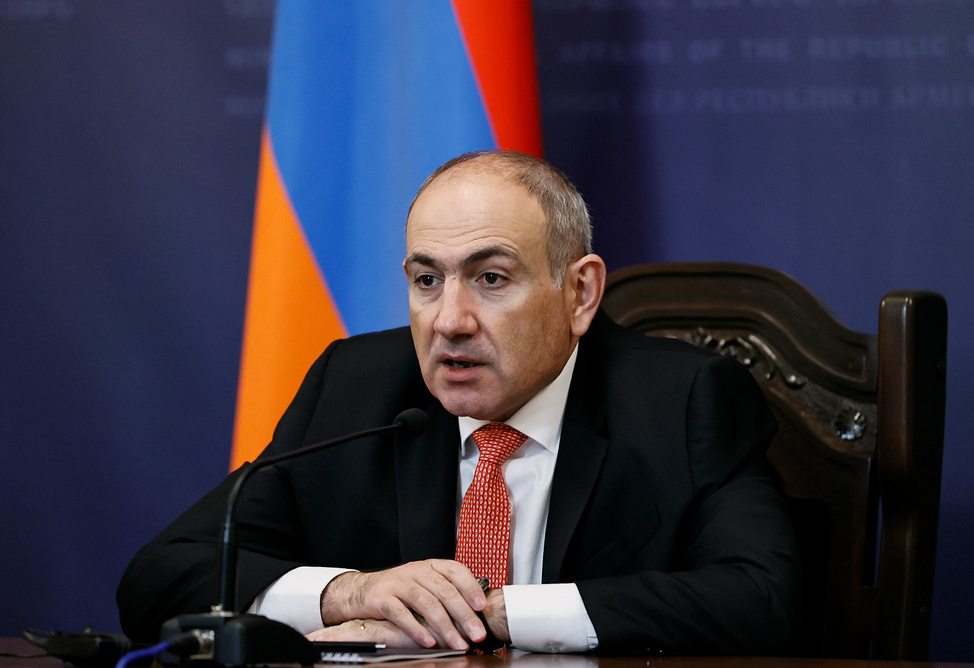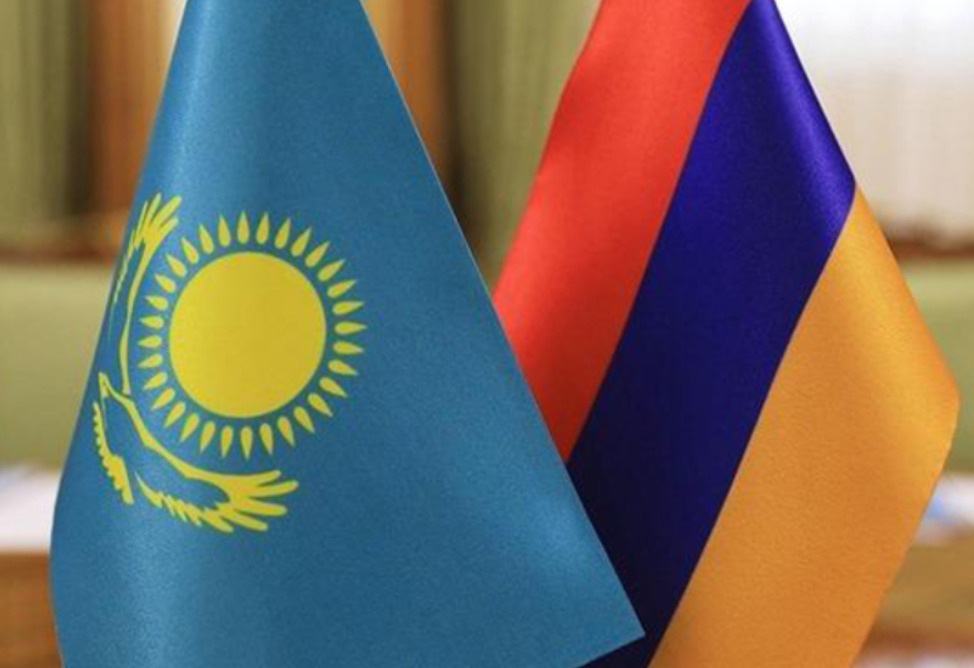Fact of the Armenian Genocide is beyond doubt and dispute - Pashinyan

YEREVAN, January 31. /ARKA/. Armenian Prime Minister Nikol Pashinyan stated that the fact of the Armenian Genocide is indisputable and not subject to doubt or contest.
Earlier, during a meeting with the Armenian community in Zurich, Pashinyan suggested understanding what "happened during the Armenian Genocide, why it happened, and how it was perceived afterward." This statement sparked widespread public reaction, including accusations that Pashinyan was denying the fact of the 1915 Genocide in the Ottoman Empire.
On Friday, at a press conference, the Prime Minister reminded that denying the fact of the Genocide in Armenia is a criminal offense. "In general, it is surprising how anyone can be accused of denying the Genocide when, in discussing it, they use the term 'Genocide' and not, for example, other terms to describe this phenomenon," the head of government noted.
He explained that in his controversial statement, he meant something entirely different: should the Genocide not prompt Armenians to reconsider their perception of the world?
"Perhaps the Armenian people too often rely on 'good' from external forces or fail to properly analyze these external signals, as well as their own attitudes toward them. This question is relevant today. However, it was relevant at the beginning of the 20th century as well," the Prime Minister added, noting that he does not have an answer to this question.
About the Armenian Genocide
The Armenian Genocide of 1915 is recognized as the first genocide of the 20th century. Turkey traditionally rejects the allegations of mass extermination of more than one and a half million Armenians during World War I and reacts sensitively to Western criticism regarding the Armenian Genocide.
The fact of the Armenian Genocide has been acknowledged by many countries and numerous authoritative international organizations.
The first country to recognize the Genocide in 1965 was Uruguay, followed by Cyprus, Russia, Greece, Canada, the Chamber of Deputies of Italy, Lebanon, Belgium, France, Paraguay, Argentina, Sweden, Bolivia, the United Kingdom, the Netherlands, Slovakia, Germany, Lithuania, Venezuela, Poland, Chile, Switzerland, Brazil, Luxembourg, Austria, the Vatican, the Czech Republic, Denmark, Portugal, as well as the provisional government of Libya, 49 U.S. states, both houses of the U.S. Congress, Syria, the European Parliament, and the World Council of Churches.



